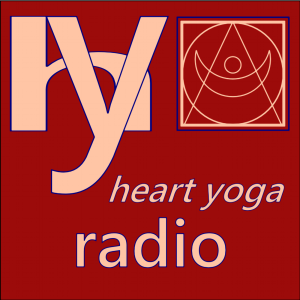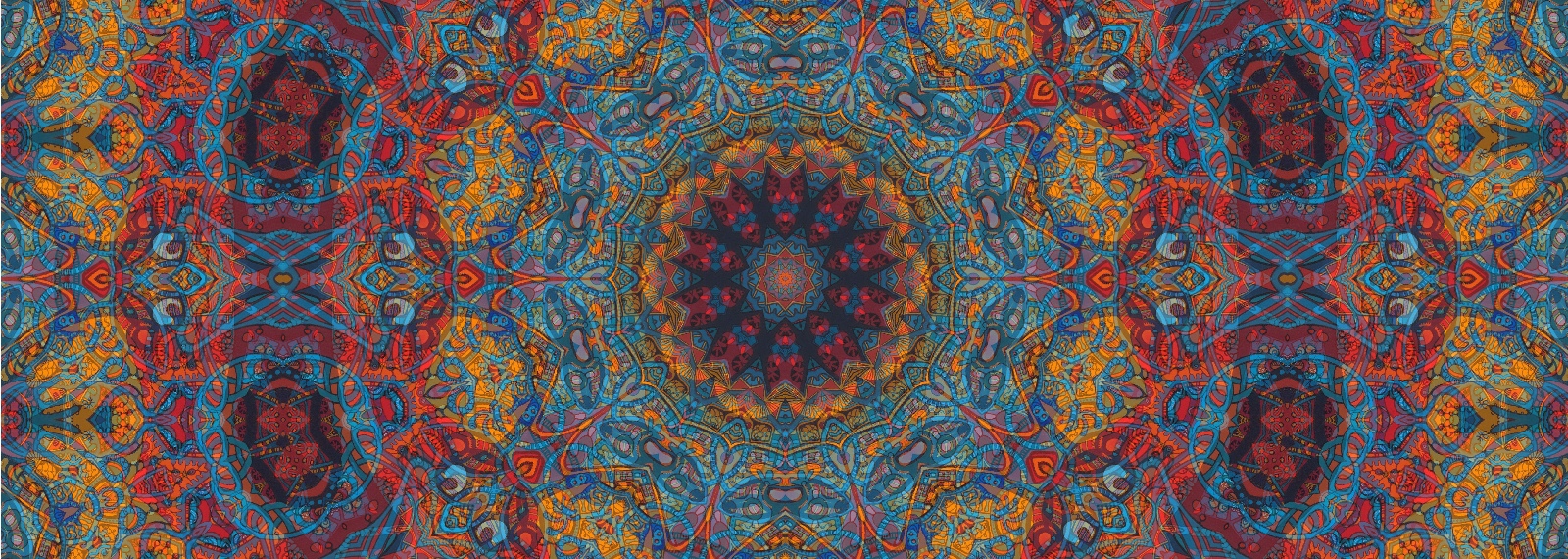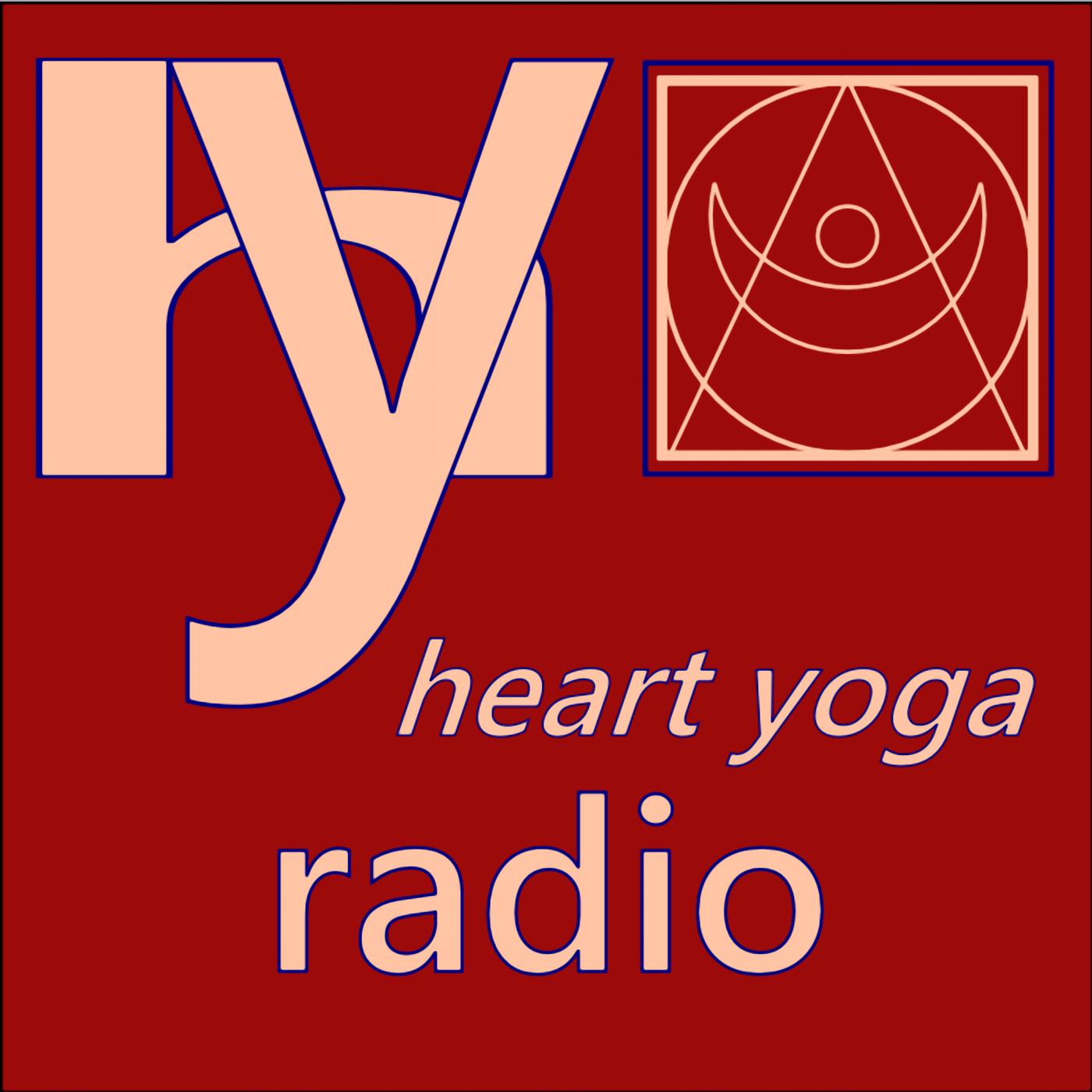Episodes

Sunday Jan 22, 2023
PROMISES & SLOGANS
Sunday Jan 22, 2023
Sunday Jan 22, 2023
In this podcast, we question the simplification involved in the reduction of public discourse to slogans. We single out "free-speech absolutism" in particular and test it against Austin's concept of "performative speech acts" and Nietzsche's account of the importance of the performative speech-acts of making and keeping promises as an institution central to civilised life. We conclude, amongst other things, that over-simplification is a danger and we do do well to remember the complexity of our world. (Click the link to buy me a coffee.) [Free. 25 minutes.]

Thursday Dec 17, 2020
REASON ON REASON 2 - THE ANTECEDENTS TO THE ENLIGHTENMENT
Thursday Dec 17, 2020
Thursday Dec 17, 2020
In this second episode of our series on reason, I take a broad brush to outline
some of the main antecedents to the so-called European Enlightenment, also know as 'The Age of Reason'. I focus on the rise of experimental science in the contexts of church power and violence against those who contradict its doctrines, the rise of the bourgeoisie, and advances in mathematics. The figures of Descartes, Galileo and Newton loom large but Aristotle, Aquinas, Copernicus, Kepler and others also have parts. [Free. 44 minutes.]

Thursday Aug 02, 2018
INTOXICATION AND THE WILL TO POWER
Thursday Aug 02, 2018
Thursday Aug 02, 2018
In this podcast I consider Nietzsche's accounts of promise-making, bad conscience, ressentiment, the mnemo-technics of pain and the rise of Christianity understood as the spiritual revenge of slaves as outlined in On the Genealogy of Morals [1886]. I offer a riposte to Judith Butler's objection to Nietzsche's account of the development of a continuous will which seems to be in contradiction to Nietzsche's account of language as a 'moving army of metaphors'. [Butler, 1997 - The Psychic Life of Power.] From there, I move on to consider how the concept of ressentiment can be utilised to understand the current populism in conjuction with the notion of ideology. To the Freudian-Marxists question 'Why do slaves aquiesece in their slavery?', the Nietzschean might answer, 'They don't always. Sometimes they seek subterranean means of revenge in order to experience the intoxication of exerting their will to power over others.' [Free. 39 minutes.]

Thursday Mar 22, 2018
ON GUILT
Thursday Mar 22, 2018
Thursday Mar 22, 2018
Here I sketch out and contrast various ideas of what guilt is and how it arises. These are firstly, that conscience, the capacity to feel guilt, is innate, [biologism and Kant], and secondly, the result of social processes, [Nietzsche and Freud]. Books mentioned are New Introductory Lectures on Psychoanalysis (Third lecture: 'The Dissection of the Psychical Personality' 1933) and Nietzsche's On the Genealogy of Morals (1886). [Free. 39 minutes.]

Friday Jul 21, 2017
NIETZSCHE 101
Friday Jul 21, 2017
Friday Jul 21, 2017
An introduction to Nietzsche's thought in which I discuss Nietzsche's "great task" and his ludic, artistic method of persuing it. I touch on Nietzsche's anti-Platonism, anti-systematic approach to philosophy, notions of life-affirmation and life-negation amongst other things. The shifting concept of the will to power is elucidated, showing its various guises. [Free. 32 minutes.]

Sunday Mar 12, 2017
THE BLUE PILL OR THE RED PILL? PART FIVE: DISSOLUTION OF THE BINARIES
Sunday Mar 12, 2017
Sunday Mar 12, 2017
In this podcast the epilogue to our series on The Matrix, we consider attempts to dissolve the binaries which have structured much thought for millenia. These binaries are real-apparent, subject-object and inside-outside [of the human psyche.] The attempts at dissolution invoked are Wittgenstein's private language argument which is found in Philosophical Investigations, and Nietzsche's account of the fate of the 'real world' as a concept over time as elucidated in Twilgth of the Idols. We argue that this doesn't sideline the political issues raised in the previous podcast in this series, as might first seem to be the case. [Free. 41 minutes.]

